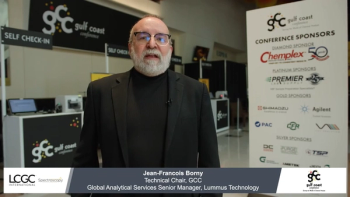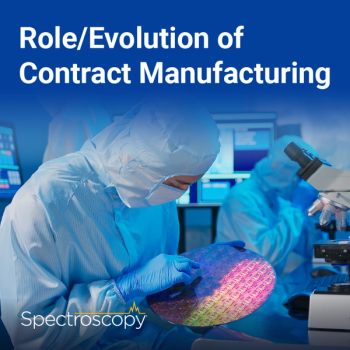
Tools of the Trade and Evolving Technology in Semiconductor Fabrication
Ruth Merrifield, PhD, discusses how continuous manufacturing can help control contamination as humans don’t have to touch the materials as often, or even at all. Katsu Kawabata also mentions how automation that supports continuous manufacturing can help reduce human exposure to chemicals that would otherwise be manually handled.
Episodes in this series

The need for purity, accuracy, and precision has never been higher—the panelists discuss using automation and continuous manufacturing to meet this need. One topic the experts touch on is building machines to detect smaller quantities of impurities. One panelist even mentions how machines can communicate with each other for a more collaborative space to meet these goals.
Key discussion topics include:
- The shift toward inline, real-time defect detection.
- How continuous manufacturing and integrated equipment can help control contamination.
- Using AI to detect trace-level impurities early on.
Newsletter
Get essential updates on the latest spectroscopy technologies, regulatory standards, and best practices—subscribe today to Spectroscopy.












